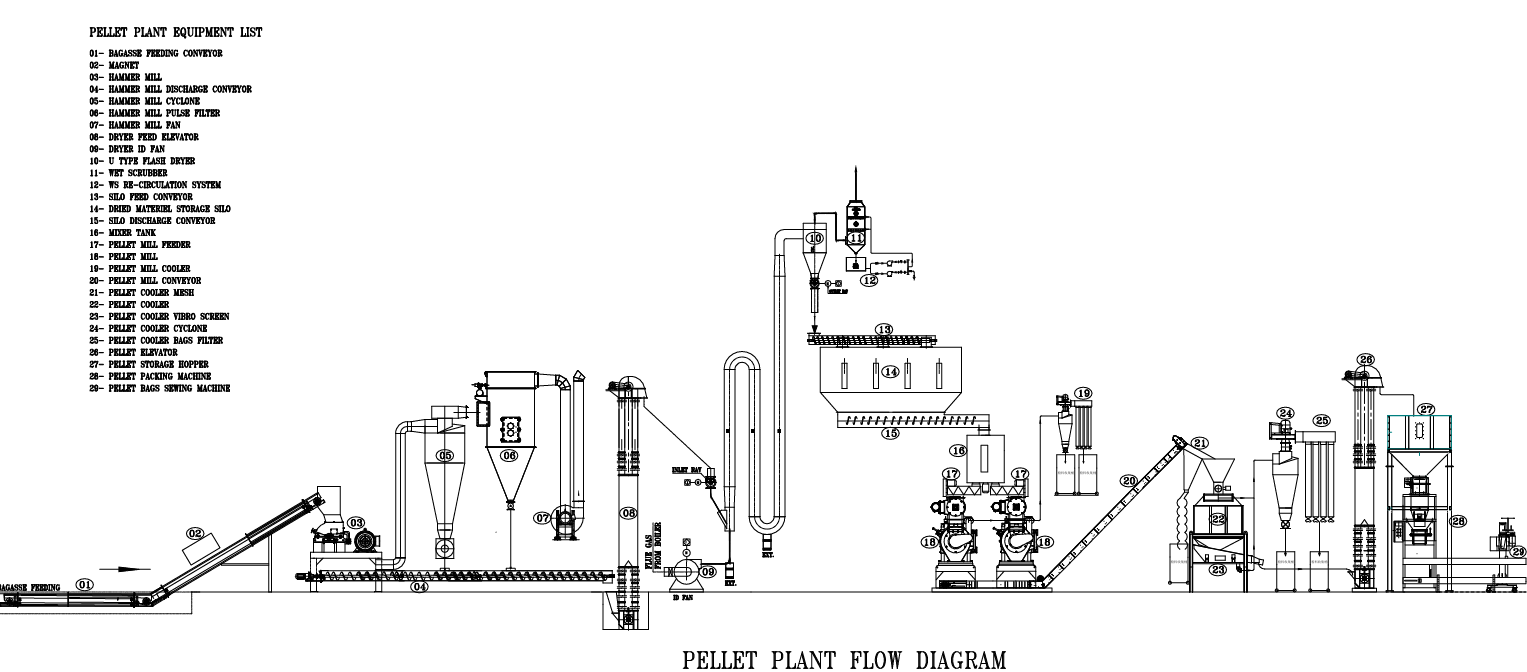EPC project for Biomass Pelletizing Plant
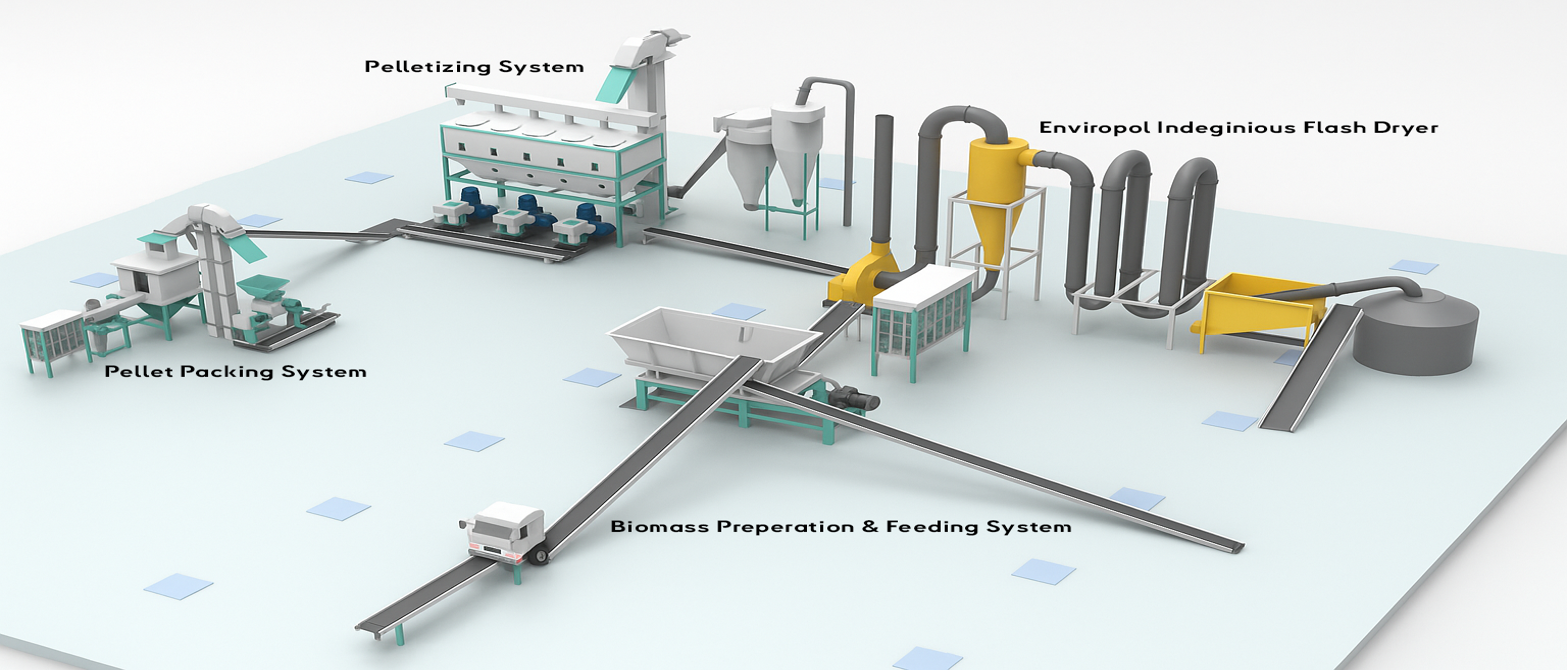
Transforming Agro Waste into High-Energy Biomass Pellets for Sustainable Energy The demand for renewable energy and carbon-neutral fuel sources is growing rapidly, with industries looking for alternatives to coal and fossil fuels. Biomass pellets have emerged as a high-efficiency, cost-effective, and environmentally sustainable fuel source.
At Enviropol, we specialize in turnkey EPC solutions for Biomass Pelletizing Plants, enabling industries to convert agricultural waste, horticulture waste, forestry residues, fermented organic manure (FOM) and industrial biomass into high-quality pellets that serve as an alternative to fossil fuels.
With over 20 years of experience and 500+ installations globally, Enviropol delivers cutting-edge biomass pelletizing technology designed for maximum efficiency, sustainability, and compliance with environmental norms using indigenous flash drying technology for moisture reduction. Enviropol delivers turnkey EPC solutions that ensure seamless integration with your operations, from concept to commissioning
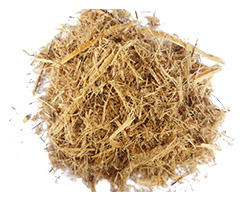
Bagasse
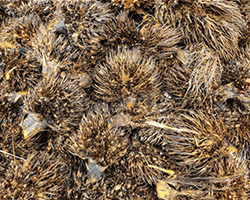
Empty Fruit Bunch
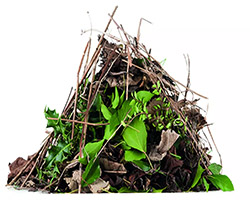
Horticulture Waste
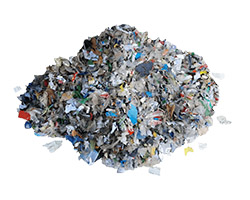
RDF
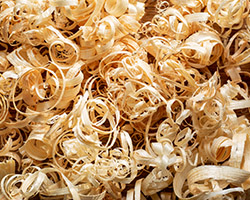
Sawdust
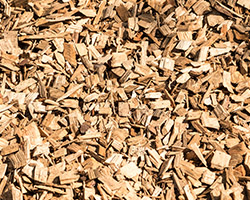
Wood Chips
What is a Biomass Pelletizing Plant?
A Biomass Pelletizing Plant is a facility that converts agricultural residues, wood waste, sawdust, press mud, paddy straw, rice straw, RDF, plastic waste, bagasse, and other organic biomass into compressed biomass pellets through a specialized drying, grinding, and pelletizing process. These pellets are widely used in power plants, industrial boilers, and heating systems as a renewable alternative to coal and fossil fuels.
Key Benefits of Biomass Pellets
- High Calorific Value – Efficient alternative to coal and fossil fuels.
- Carbon Neutral – Reduces greenhouse gas emissions and supports sustainability goals.
- Lower Operating Costs – Biomass pellets are cost-effective compared to traditional fuels.
- Minimal Ash Content – Reduces maintenance costs in boilers and furnaces.
- Government Incentives – Eligible for subsidies under various renewable energy policies.
